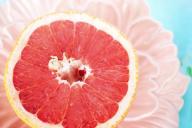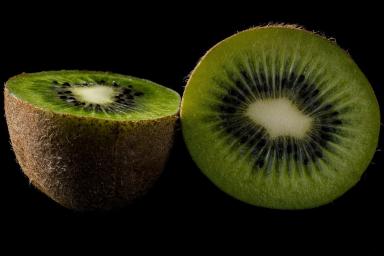Scientists discovered that babies with bigger spaces around blood vessels in their brains, known as perivascular spaces, are more likely to develop autism.
These babies also tend to have sleep issues as they grow older.
The study focused on infants who were at risk of autism because their older siblings had the condition.

Researching CSF
Cerebrospinal fluid (CSF) flows through the brain to keep it healthy and get rid of waste.
If this process is disrupted, it can cause problems with brain function and development.
CSF is important for brain health. It helps remove harmful proteins from the brain.
CSF works best when we sleep.
If our sleep is disturbed, CSF may not flow properly, which can lead to enlarged spaces around blood vessels in the brain.
This study is the first to show this connection in children.
The researchers believed that CSF problems in infancy could lead to sleep issues later on.
They found that children with enlarged spaces at the age of two had more sleep problems when they started school.
The study was part of the Infant Brain Imaging Study (IBIS), which looks at brain development, autism, and related conditions.
They looked at MRI scans of 870 babies taken at six, 12, and 24 months to see how things changed over time.
Before, enlarged spaces were only seen as important for older adults with conditions like dementia.
These findings suggest that we should also check for these brain abnormalities in younger people.
More studies needed
The researchers plan to further study CSF flow in infants' brains during sleep to understand the physiology and speed of CSF circulation.
They also aim to measure the size of perivascular spaces and their relationship to behavioral outcomes.
The research indicates that CSF abnormalities in the first year of life can have long-term effects on autism, sleep, and brain development.
The study was supported by various institutes and foundations.
Previously, we talked about the science behind surprise.













